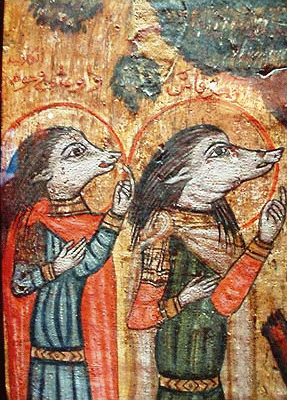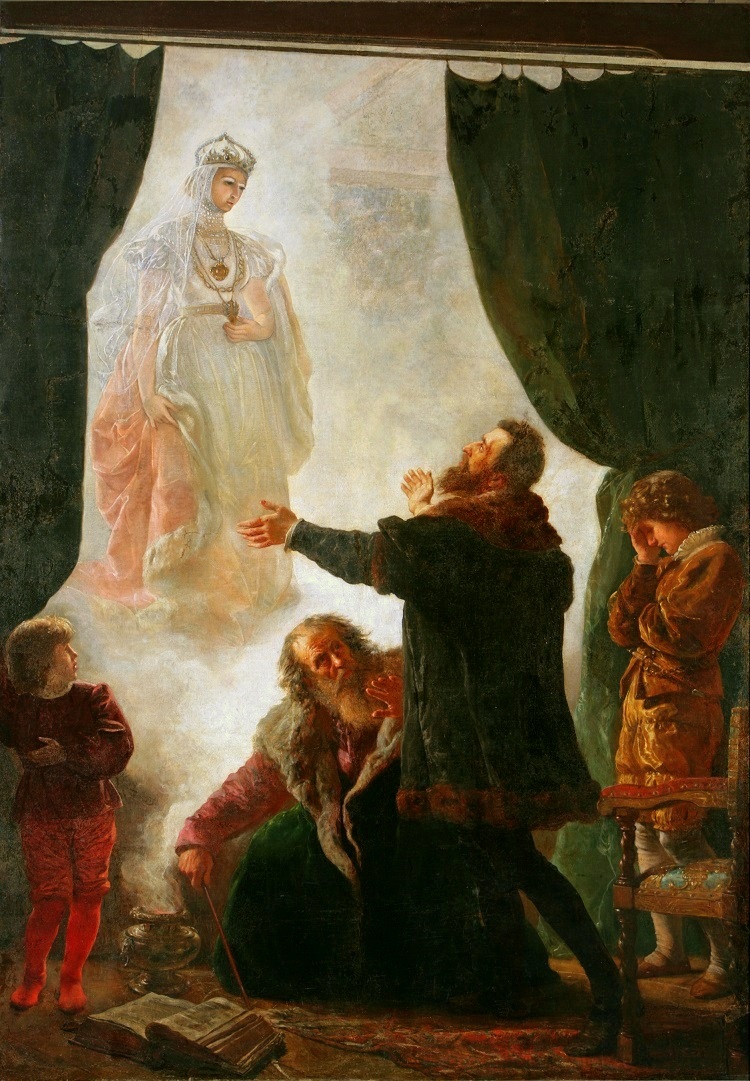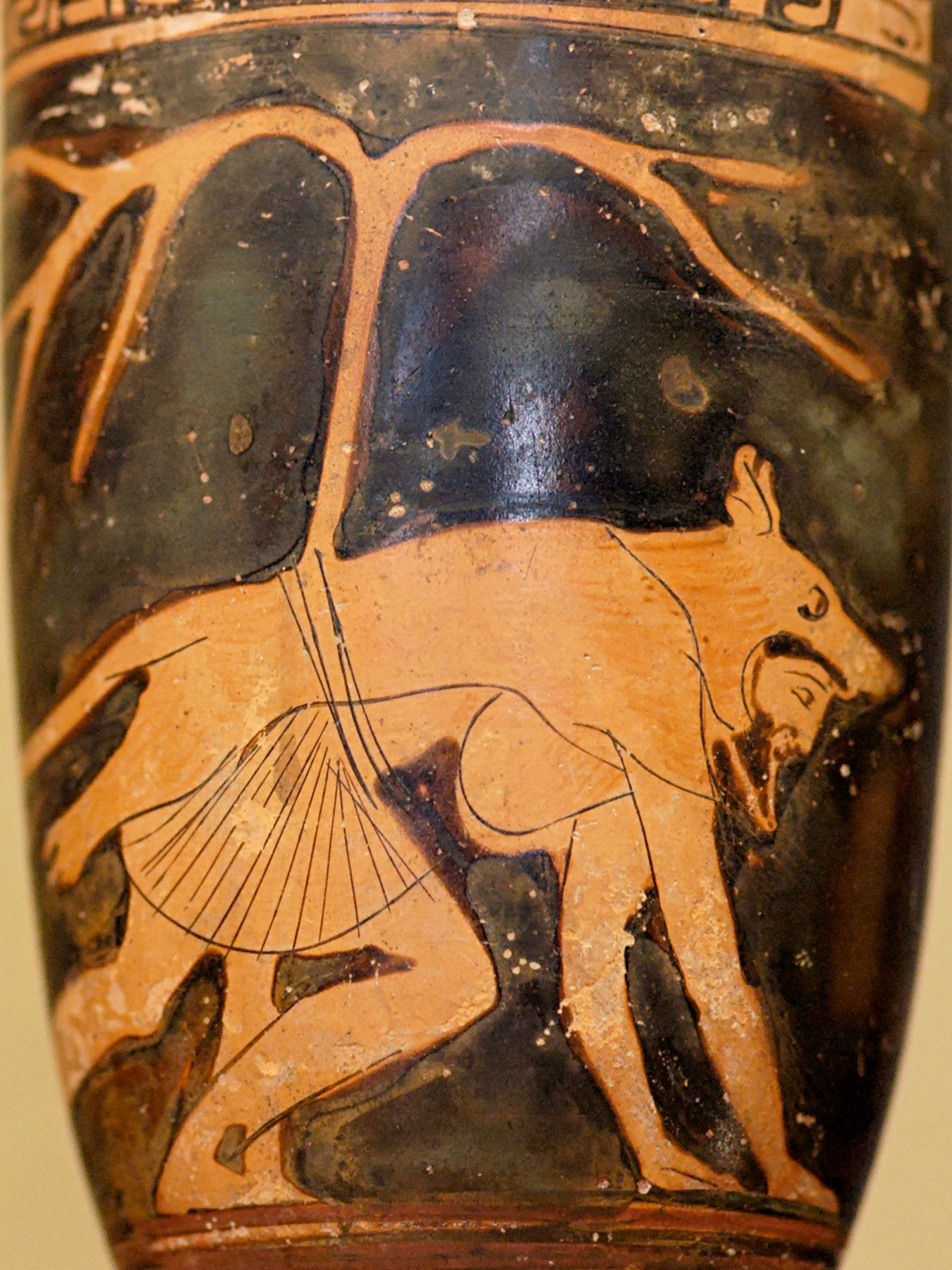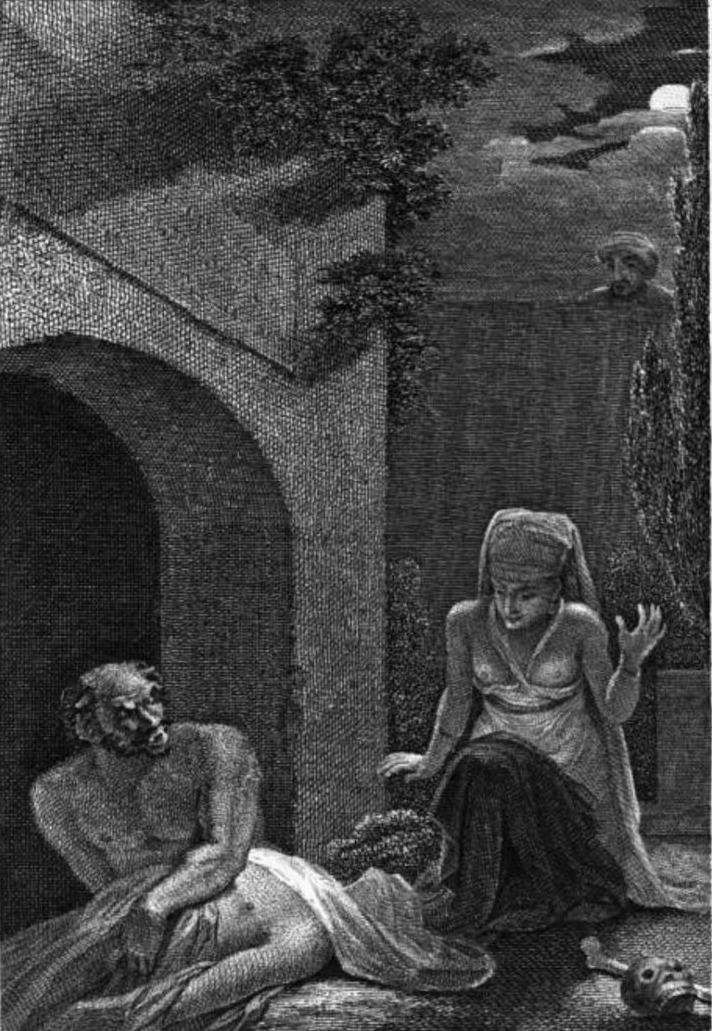|
Qutrub
A qutrub () in Arabian folklore is a type of jinn or demon, likened to an "Arabian 'werewolf'",Mythology in the Middle Ages: Heroic Tales of Monsters, Magic, and Might By Christopher R. Fee similar to a ghoul because it was said to haunt graveyards and eat corpses. The qutrub also appear as monsters in the role-playing game ''Final Fantasy XI''. See also * Cynocephaly The characteristic of cynocephaly, or cynocephalus (), having the head of a canid, typically that of a dog or jackal, is a widely attested mythical phenomenon existing in many different forms and contexts. The literal meaning of "cynocephaly" i ... * Sila References Vana'diel Bestiary for Final Fantasy XI: Qutrub (Allakhazam.com) Arabian legendary creatures Jinn Demons in Islam Demons Devils Undead Ghouls {{MEast-myth-stub ... [...More Info...] [...Related Items...] OR: [Wikipedia] [Google] [Baidu] |
Cynocephaly
The characteristic of cynocephaly, or cynocephalus (), having the head of a canid, typically that of a dog or jackal, is a widely attested mythical phenomenon existing in many different forms and contexts. The literal meaning of "cynocephaly" is "dog-headed"; however, that this refers to a human body with a dog head is implied. Such cynocephalics are known in mythology and legend from many parts of the world, including ancient Egypt, India, Greece, and China. Further mentions come from the medieval East and Europe. In modern popular culture cynocephalics are also encountered as characters in books, comics, and graphic novels. Cynocephaly is generally distinguished from lycanthropy (werewolfism) and dogs that can talk. In addition, the Greeks and Romans called a species of apes cynocephalus (these apes are suspected to be baboons). Etymology The word ''cynocephaly'' is taken (through Latin) from the Greek word κυνοκέφαλοι ''kynokephaloi'', plural of the word κυνο� ... [...More Info...] [...Related Items...] OR: [Wikipedia] [Google] [Baidu] |
Jinn
Jinn ( ar, , ') – also Romanization of Arabic, romanized as djinn or Anglicization, anglicized as genies (with the broader meaning of spirit or demon, depending on sources) – are Invisibility, invisible creatures in early Arabian mythology, pre-Islamic Arabian Religious system, religious systems and later in Islamic mythology and Islamic theology, theology. Like humans, they are accountable for their deeds, can be either believers (''Muslim'') or unbelievers (''kafir''); depending on whether they accept God's guidance. Since jinn are neither innately evil nor innately good, Islam acknowledged spirits from other religions and was able to adapt spirits from other religions during its expansion. Jinn are not a strictly Islamic concept; they may represent several Religion in pre-Islamic Arabia, pagan beliefs integrated into Islam. To assert a strict monotheism and the Islamic concept of ''Tauhid'', Islam denies all affinities between the jinn and God, thus placing the jinn ... [...More Info...] [...Related Items...] OR: [Wikipedia] [Google] [Baidu] |
Jinn
Jinn ( ar, , ') – also Romanization of Arabic, romanized as djinn or Anglicization, anglicized as genies (with the broader meaning of spirit or demon, depending on sources) – are Invisibility, invisible creatures in early Arabian mythology, pre-Islamic Arabian Religious system, religious systems and later in Islamic mythology and Islamic theology, theology. Like humans, they are accountable for their deeds, can be either believers (''Muslim'') or unbelievers (''kafir''); depending on whether they accept God's guidance. Since jinn are neither innately evil nor innately good, Islam acknowledged spirits from other religions and was able to adapt spirits from other religions during its expansion. Jinn are not a strictly Islamic concept; they may represent several Religion in pre-Islamic Arabia, pagan beliefs integrated into Islam. To assert a strict monotheism and the Islamic concept of ''Tauhid'', Islam denies all affinities between the jinn and God, thus placing the jinn ... [...More Info...] [...Related Items...] OR: [Wikipedia] [Google] [Baidu] |
Undead
The undead are beings in mythology, legend, or fiction that are deceased but behave as if alive. Most commonly the term refers to corporeal forms of formerly-alive humans, such as mummies, vampires, and zombies, who have been reanimated by supernatural means, technology, or disease. In some cases (for example in Dungeons & Dragons) the term also includes incorporeal forms of the dead, such as ghosts. The undead are featured in the belief systems of most cultures, and appear in many works of fantasy and horror fiction. The term is also occasionally used for real-life attempts to resurrect the dead with science and technology, from early experiments like Robert E. Cornish's to future sciences such as "chemical brain preservation" and "cryonics." History Bram Stoker considered using the title, ''The Un-Dead'', for his novel '' Dracula'' (1897), and use of the term in the novel is mostly responsible for the modern sense of the word. The word does appear in English before Stoker ... [...More Info...] [...Related Items...] OR: [Wikipedia] [Google] [Baidu] |
Werewolf
In folklore, a werewolf (), or occasionally lycanthrope (; ; uk, Вовкулака, Vovkulaka), is an individual that can shapeshift into a wolf (or, especially in modern film, a therianthropic hybrid wolf-like creature), either purposely or after being placed under a curse or affliction (often a bite or the occasional scratch from another werewolf) with the transformations occurring on the night of a full moon. Early sources for belief in this ability or affliction, called lycanthropy (), are Petronius (27–66) and Gervase of Tilbury (1150–1228). The werewolf is a widespread concept in European folklore, existing in many variants, which are related by a common development of a Christian interpretation of underlying European folklore developed during the Christendom, medieval period. From the early modern period, werewolf beliefs also spread to the New World with colonialism. Belief in werewolves developed in parallel to the belief in European witchcraft, witches, in the ... [...More Info...] [...Related Items...] OR: [Wikipedia] [Google] [Baidu] |
Christopher R
Christopher is the English version of a Europe-wide name derived from the Greek name Χριστόφορος (''Christophoros'' or '' Christoforos''). The constituent parts are Χριστός (''Christós''), "Christ" or "Anointed", and φέρειν (''phérein''), "to bear"; hence the "Christ-bearer". As a given name, 'Christopher' has been in use since the 10th century. In English, Christopher may be abbreviated as "Chris", "Topher", and sometimes " Kit". It was frequently the most popular male first name in the United Kingdom, having been in the top twenty in England and Wales from the 1940s until 1995, although it has since dropped out of the top 100. The name is most common in England and not so common in Wales, Scotland, or Ireland. People with the given name Antiquity and Middle Ages * Saint Christopher (died 251), saint venerated by Catholics and Orthodox Christians * Christopher (Domestic of the Schools) (fl. 870s), Byzantine general * Christopher Lekapenos (died 931) ... [...More Info...] [...Related Items...] OR: [Wikipedia] [Google] [Baidu] |
Ghoul
A ghoul ( ar, غول, ') is a demon-like being or monstrous humanoid. The concept originated in pre-Islamic Arabian religion, associated with graveyards and the consumption of human flesh. Modern fiction often uses the term to label a certain kind of undead monster. By extension, the word ghoul is also used in a derogatory sense to refer to a person who delights in the macabre or whose occupation directly involves death, such as a gravedigger or graverobber. Etymology Ghoul is from the Arabic ''ghūl'', from ''ghāla'', "to seize". In Arabic, the term is also sometimes used to describe a greedy or gluttonous individual. See also the etymology of gal and gala: "to cast spells," "scream," "crow," and its association with "warlike ardor," "wrath," and the Akkadian "gallu," which refer to demons of the underworld. The term was first used in English literature in 1786 in William Beckford's Orientalist novel ''Vathek'', which describes the ''ghūl'' of Arabic folklore. Th ... [...More Info...] [...Related Items...] OR: [Wikipedia] [Google] [Baidu] |





